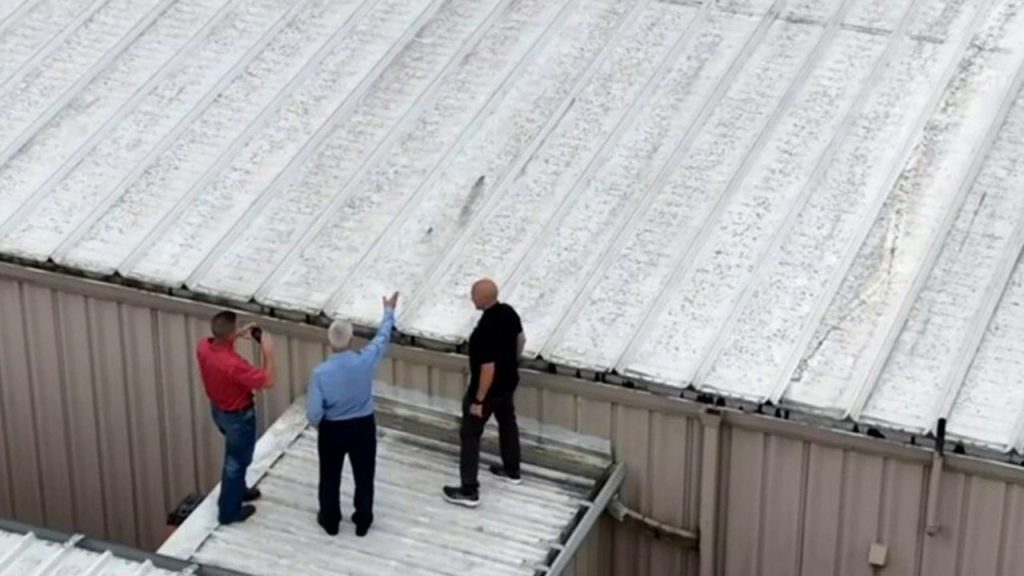Officials from Beaver County, Pennsylvania disputed portions of acting U.S. Secret Service Director Ronald Rowe Jr.’s testimony before a Senate panel regarding the attempted assassination of former President Trump at a rally in Pennsylvania in July. Rowe seemed to place blame on local law enforcement for allowing the incident to occur, stating that agents were unaware of the threat until it was too late, despite being responsible for security. He also claimed that he never received communication about a suspicious person with a weapon or ill intentions, allowing Trump to take the stage at 6:02 p.m. undeterred.
The Beaver County Emergency Services Unit commander, Patrick Young, and the Beaver County District Attorney, Nathan Bible, disputed the accusations made against local officers by Rowe. Young explained that there were two snipers inside the AGR building during the rally, one from the Butler County ESU and the other from the Beaver County ESU. Despite seeing the would-be assassin Thomas Matthew Crooks acting suspiciously, there was no indication that he was a threat. Young also mentioned that their actions and locations had been approved by the Secret Service through Butler County ESU, indicating clear directives and priorities.
At around 5:34 p.m. on the day of the rally, one of the Beaver County officers saw Crooks with a rangefinder and tried to communicate the threat by using a text group, against previous instructions from the Secret Service. When Crooks was later seen picking up a backpack and disappearing behind a building, the snipers took action but did not have a clear view of the roof where Crooks was located. Shots were fired shortly after, with the Butler sniper hearing them, highlighting the challenges the snipers faced in maintaining a secure perimeter.
The District Attorney Nathan Bible defended the actions of the snipers, explaining that their role was to observe the crowd from outside the perimeter, not to look outward towards the roof where Crooks was situated. He emphasized that if the Secret Service had instructed them to station snipers on the roof, they would have complied without hesitation. Despite feeling upset about how federal officials portrayed their actions, Bible and Young expressed pride in the performance of their law enforcement team on the day of the rally, ready to fulfill their duties again if needed.
Overall, the testimony and subsequent disputes shed light on the complexities and challenges faced by law enforcement and security personnel during high-profile events. The differing accounts between federal officials and local law enforcement highlight the importance of clear communication and coordination in ensuring the safety and security of public figures. The incident serves as a reminder of the heightened security risks associated with political rallies and the critical role that law enforcement agencies play in protecting public officials and the public. It also underscores the need for continued review and improvement of security protocols to prevent similar incidents in the future.


